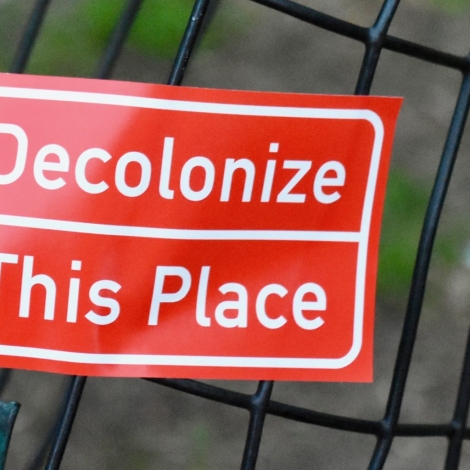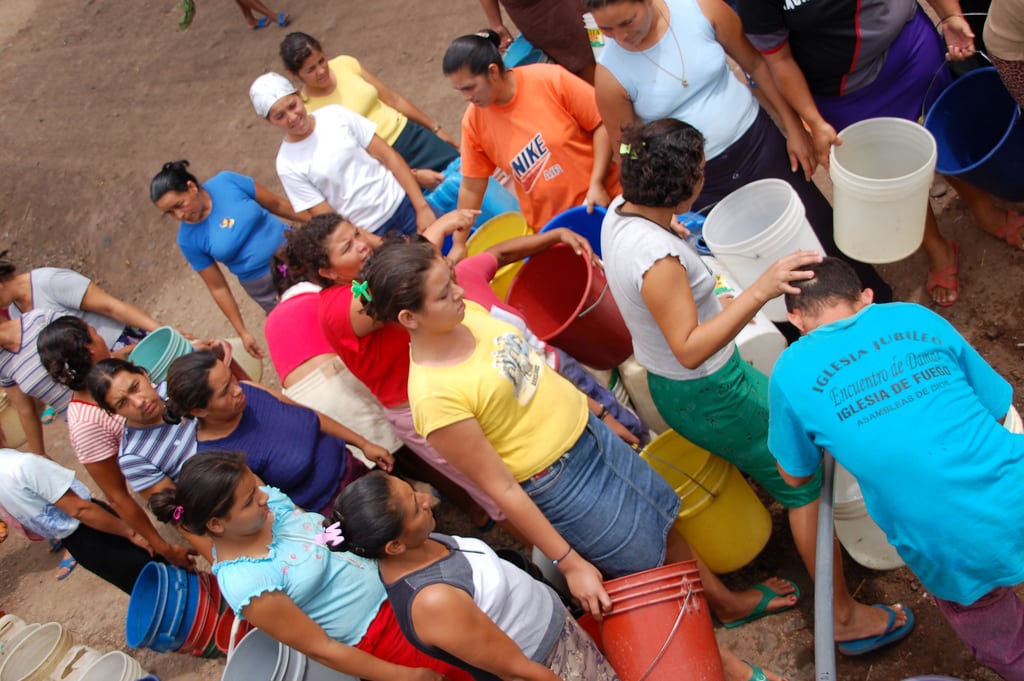Foreign aid organizations may be under pressure to “decolonize,” as the concept is known in the parlance of activists and critics. But the route to meaningful change may be more cooperative and gentler than some have suggested.
To the uninitiated, decolonization can describe a shift in control from representatives of the Global West to people who live in the regions intended to benefit. It is a switch in governance from top-down to grassroots and bottom-up. Change can be slow, however, even if the leaders of aid organizations say they are willing. After promises to overhaul systems of foreign aid, organizations have made little progress or receded in the opposite direction.
We call for self-examination to change our minds on these matters, co-creation/collaboration in designing measures to enhance inclusion and galvanize collective action, – Euphresia Luseka
The drive to decolonize development and foreign aid gained new traction in the United Statessince the killing of George Floyd in 2020 and the subsequent reinvigoration of the Black Lives Matter movement. But the concept has existed within the global development sector inside and outside the United States for years. As the New York Times editorial board wrote,
A growing group of intellectuals, aid workers and civic leaders from Africa say the “white savior” mentality of the world’s foreign aid system can end up doing more harm than good. They point out that planeloads of free American corn can help famine victims in the short term, but they can also put local farmers out of business, making the food supply in the long term more precarious. Relief efforts in Sudan may have saved countless lives, but they also emboldened combatants who controlled access to food, prolonging a brutal war…
The editorial mentions failed efforts to reform foreign aid. One glaring example is USAID, which made a pledge in 2010 to increase the percentage of aid it sent directly to on-the-ground, local organizations from 10 percent to 30 percent, but still has not hit that target. In another example of a failed commitment, in 2016, donors and large aid organizations forged the Grand Bargain, a promise to send 25 percent of humanitarian aid directly to local and national organizations by 2020. Instead, direct funding fell from 3.5 percent in 2016 to 2.1 percent in 2020, according to Development Initiatives.
Rather than making promises that are too difficult to keep, and instead of inflicting a painful change on the foreign aid sector, collaboration with local organizations could be the key to reform.
“As I take up the role of leading the decolonization discourse in RWSN LNOB [Rural Water Supply Network, Leave No One Behind], I must say, the deeper I delve into the agenda, the more strands I dig up on how the nature of the topic could sound accusing, emotional with leading to contributions that may also seem un-strategic and draining,” says Euphresia Luseka, Water Governance Consultant and Co-Theme Leader at the Rural Water Supply Network (RWSN), in an email.
“Though I am always taken in by the use of humor to unpack such a complex, uncomfortable truth. For instance, this video by Radi-Aid Awards addresses the ‘White Savior complex…’ and it ‘describes poverty porn,’ etc.”
The light-hearted response does not diminish the severity of the problem, however. Ms. Luseka, based in Kenya and focusing on her corner of the global development sector that deals in water, sanitation and hygiene (WASH), describes the foreign aid problem as one of white supremacy. She writes:
In a report shared in 2017 by Global Water Leaders, apparently the WASH sector is losing $323 billion/year on bad water and sanitation programs and projects, therefore the cost of coping with inadequate WASH access is rising faster than utility investment in a sector with already dwindling funds. By and large, the extent of WASH failures especially in the ‘South’ are attributed to the existing white supremacy in the sector. I can only imagine losses made in other sectors like Health, Agriculture, Education, etc.
That said, donors and the development sector may already be on a path toward greater autonomy and local ownership. Ms. Luseka says:
As WASH practitioners, we must appreciate that we have covered a lot of ground in raising our voices on reducing inequalities in the sector on how foreign aid and trade works to support effective attainment of SDG 6 [clean water and sanitation for all].
Therefore, I switched to a more constructive/optimist approach; I am pushing discussions on the topic from an inclusive development perspective. This also aligns us to the tenets of SDG 10 [reducing inequalities within and among countries], which are intricately linked to SDG 6 targets especially from the LNOB [Leave No One Behind] perspective. So far, so good, as it is encouraging more reflections from fellow WASH stakeholders and commitments from WASH leadership in adopting policies around this to firm up accountability on the agenda and co-creation of a progressive solution from a systems thinking perspective. After all, this is not a zero-sum game; our gain is a gain to the WASH sector and Humanity. A WASH response is a health response, and a healthy nation is a wealthy nation.
Indisputably, a lot of effort has been put into raising the WASH voice on decolonization, but all this only scratches the surface. I agree with President of the United States’ approach on this; firstly, reviewing the existing gaps on policies on racial inequalities to inform decision making on development assistance in US government institutions. As WASH practitioners, probably our organizations can follow suit beyond the several commendable policy statements institutionalized during Black Lives Matter movements, etc.
The US policy to which Ms. Luseka refers is an exeuctive order that President Joe Biden issued requiring every US government agency to review their policies in search of those that exacerbate racial inequity, Executive Order On Advancing Racial Equity and Support for Underserved Communities Through the Federal Government. Ms. Luseka writes:
Honestly, sustainable progress will require more than setting up corporate and organizational policies; for the LNOB team, we propose a systemic change approach to address the challenge: we call for self-examination to change our minds on these matters, co-creation/collaboration in designing measures to enhance inclusion and galvanize collective action, prioritize and finance interventions on decolonizing WASH including research work, track and measure progress to increase accountability and lastly, share and celebrate successes and best practices across the sector.
Dive into decolonization
Initiating De-colonisation of WASH Sector Knowledge
Tackling systemic inequalities in water and sanitation
Words Fail Us: Racism in International Development Publishing
And two general free online courses in global development by Sean Furey at RWSN, offered through University of East Anglia:

